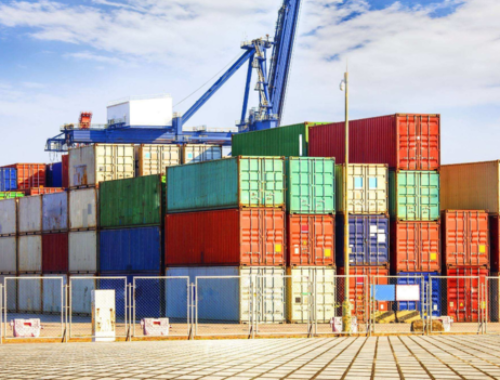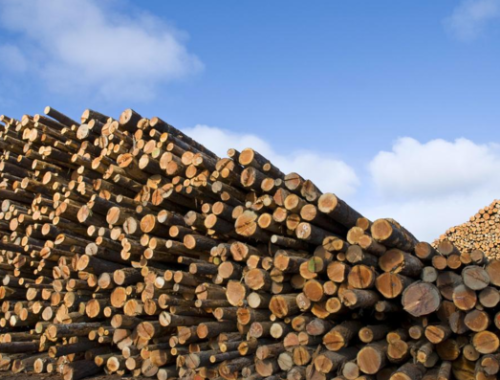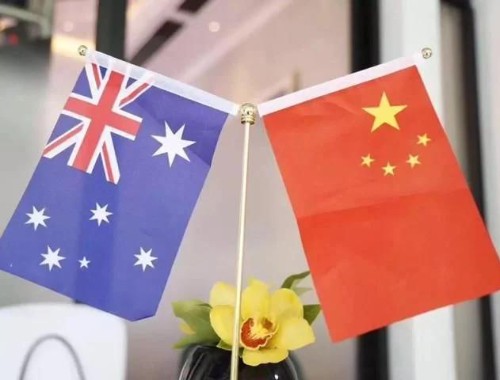China implements zero tariffs on some wood and paper products from New Zealand
Source:Sina Home
99% of New Zealand's trade with China of nearly S$3 billion in timber and paper products will receive tax-free access
Recently, Australia’s foreign trade has been hit to a certain extent due to obstacles to exports of many commodities to China. This is like a godsend opportunity for New Zealand. New Zealand also seized this opportunity to strengthen cooperation with China.
On January 26, the Protocol between the Government of the People's Republic of China and the Government of New Zealand on Upgrading the Free Trade Agreement between the Government of the People's Republic of China and the Government of New Zealand (hereinafter referred to as the "Upgrading Protocol") was formally signed through video.
In the "Upgrading Protocol", based on the overall balance of interests and from the perspective of domestic demand, zero tariffs will be imposed on some imported wood paper products, including wood fiberboard, napkins, writing paper, kraft paper, adhesive paper, and cardboard, paper labels and so on. This is conducive to stabilizing and expanding the source of my country's resource product imports, saving domestic timber resources, and promoting the transformation and upgrading of domestic related industries.
Specifically, in the field of goods, 99% of New Zealand's trade with China of nearly S$3 billion in timber and paper products will receive tax-free access; all dairy products exported from New Zealand to China will gradually achieve zero taxes and fees.
China has also benefited from cooperation. In the past, Chinese investment in New Zealand over 10 million SGD was subject to review, but the latest version of the agreement confirms that Chinese investment and CPTPP members will be given the same review threshold treatment, and the threshold has been relaxed to 100 million SGD. The areas where Chinese companies can invest are further expanded. Chinese-funded management consulting companies can use various forms to develop human resources, tourism development, and marketing in New Zealand.
In addition, in the current critical period of the global fight against the epidemic, the “dust settled” of the upgrade of the China-Singapore Free Trade Agreement will also have positive significance for the development of multilateralism in the world and support for free trade.
It is worth noting that New Zealand and Australia are strong competitors in the Chinese timber import market. Now, while some of New Zealand's timber products enjoy duty-free treatment in China, almost the entire Australian timber industry has temporarily lost the qualification to export to China, which indicates that New Zealand will gradually erode the Australian timber industry's market share in China in the future.
Some economists in Australia believe that if China takes more comprehensive measures, such as a 95% reduction in bilateral trade, then the Australian GDP is calculated at 1.4 trillion US dollars, the loss may be as high as 6%, or 84 billion US dollars.
For this reason, since November last year, Australia has repeatedly "showed good" to China, and has still not given up. It has "seeked peace" with China five times. According to the Australian Broadcasting Corporation (ABC) report on the 24th, Dan Tehan, the newly appointed Australian Trade Minister, said that he has delivered positive news to China, hoping to create opportunities for breaking the deadlock.





 沪公网安备31010402003309号
沪公网安备31010402003309号



